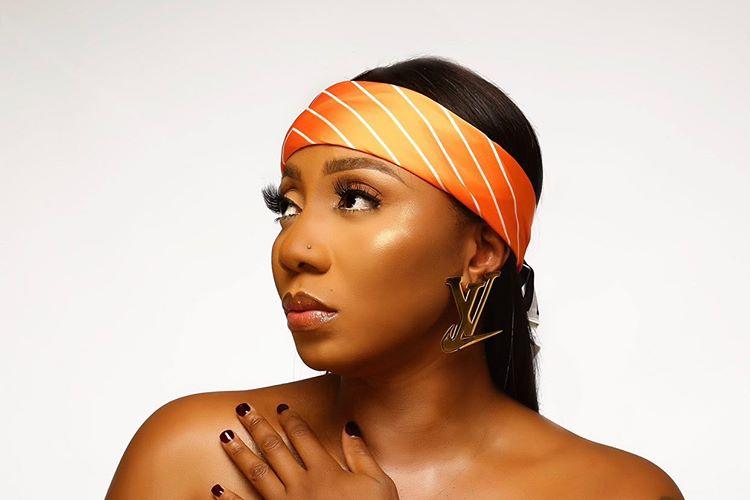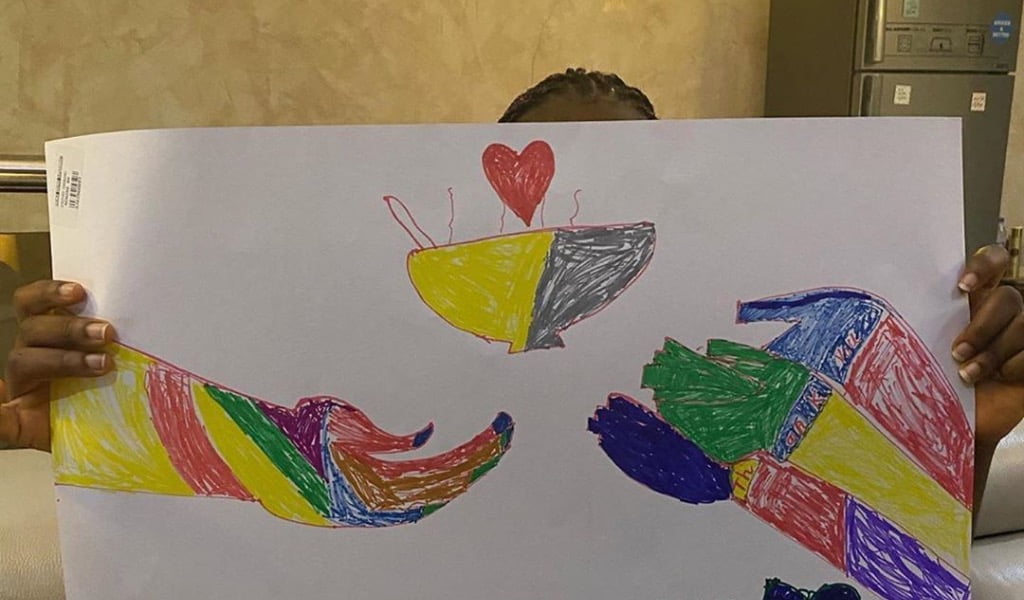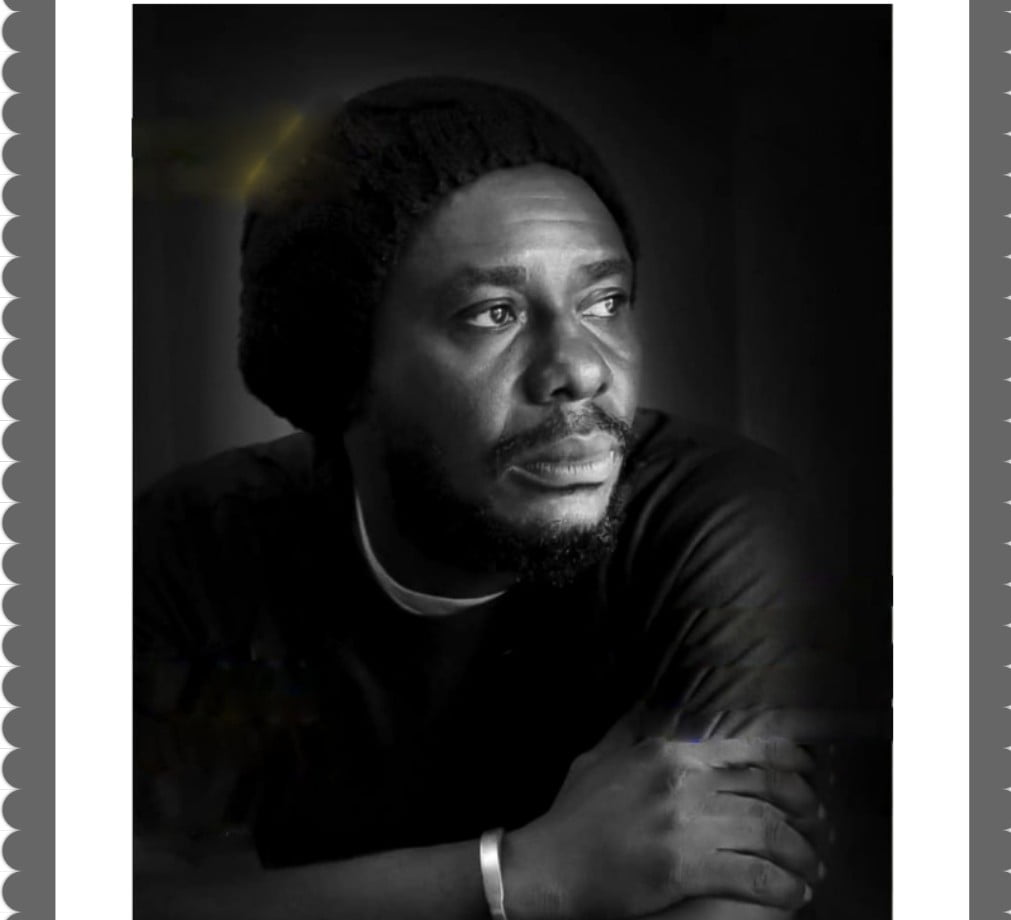
Uche James Iroha is a renowned unconventional artist and photographer who lives and works in Lagos Nigeria. He is the founder of the indigenous platform Photo Garage which offers platform for domestic and global intellectual photography exchange.
He initiated the Depth of Field which is co-founded by a collective of photographers and artist painters. He organised several exhibition of their work in Nigeria as well as abroad. In his work, Uche melts together the reproduction of common reality with the creative language of imagination whereby he extends the possibilities of photography and is giving a new direction to local art.
He documents everyday reality while addressing wide ranging issues from economic imperialism to the brutal relationships which exist between races, social classes and gender.
1: Your set of images tell a story from your own distinct point of view. How do you consistently get your work to say what you want it to say?
Nigeria is a very special country where things are unfolding every minute, for example every day there is breaking news on television. Actually when I did my project termed “power and powers” about electricity distribution and production in Nigeria, a journalist asked me same question how do you get inspired, how do you create a story and the truth is that you don’t need inspiration, our daily life is a challenge so that’s my honest answer.
2: Your indigenous platform Photo Garage offers platform for domestic and global intellectual photography exchange, what are your future plans for it?
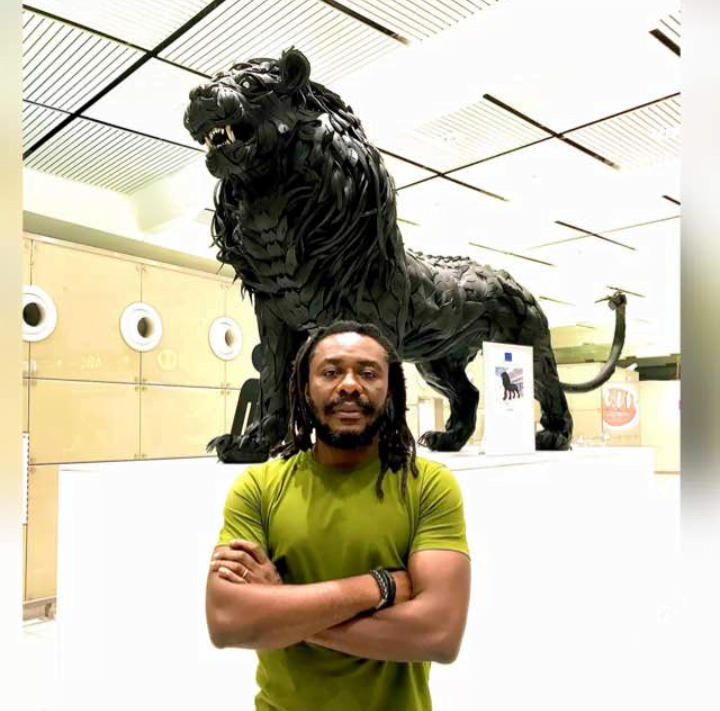
Photograph is so organic in its workings, in its plan likewise structure. We don’t call for applications neither do we call for workshops. Actually, every Thursday we sit down and interact. It’s an open section called the bus stop, where photographers bring their work and we look at it, it’s not a critic class, it’s an evaluation platform where we start questioning the artist, asking him/her what they set out to do and we share ideas, eat, drink, fight and settle and continue our discussions. If you come into Photo Garage you won’t hear us talking about photography neither would you hear us talking about camera and lenses. You would probably hear us talking about Nigeria, about the economy, politics, culture, democracy, people generally, identity, sexuality and our lives. Photo Garage is a medium to ask questions, to investigate. To also inspire and instigate discussions that would ultimately benefit everybody.
3: What is art to you?
I don’t know what art is, but I know who artists are. Artists are people who use their understanding of the sensibilities of life to question their existence, to question life, to question society. To question politics. To ask questions, to engage in things that religion and politics are too afraid to talk about. They may use sound, light and colours, you might call them musicians, sculptors, painters, photographers. They use sensibilities but the common denominator is that there are people who are questioning and engaging life by looking at issues that politics are afraid of talking about for example Biafra, but people are talking about it. So these are artist not just people who can paint a beautiful drawing or take a nice picture.
4: Can you enlighten us on Depth of Field?
Depth of field is comatose at the moment, nothing is really going on in terms of working collectively. In 2001 I initiated it to few friends like Kelechi Amadi and T.Y. Bello. We were all invited to African Photo festival in Mali in 2001, so we were inspired by the energy of photographers in the gathering of Photo festival in Mali. So we felt like we can work together instead of working individually in our own spaces. I came up with the name Depth of Field because Depth of Field in a photography is the area of sharpness in an image. So by November 2001 Depth of Field was born so we started working together as friends, sharing our ideas, meting once every week, gave ourselves some assignments in photography of city of Lagos. I think we inspired the whole country, right now there is a prolifretion of photography, when we look back, we are grateful that we were used by nature to make that happen.

5: Your work delves deeper in storytelling, so what do you think of arts that are aesthetic?
I believe that every branch of art is important. Aesthetic work also brings the eyes to see it, like in food, you can make it tasty but it must also appeal to the eye. So if you present your work in a very arresting way so the viewer can be arrested before they start going into the depth you talked about then it resonates. I am more prone to the one that makes you sit down and think.
6: You document everyday reality while addressing wide ranging issues from economic imperialism to the brutal relationships which exist between races, social class and gender, all these you harness in your story. Why? Had it been what you wanted to do?
I grew up with that same question asking myself what the most important thing in life is and I realised that everything is mundane, most important thing is the relationships we have had. So I have this conviction that I must do my little bit before my maker calls me. We can’t all be taking pictures of parties and weddings and make billions of money for certain luxuries. Examples before I photograph someone, I have to engage in a conversation with the person to understand their personalities, what he/she stands for and how they want to be represented. So I would have to understand the concept of these question. What kind of light I would pose the individual as. If you stand for people I would put you in a crowd, if you are someone who loves solitude I would put you in a desolate place. It’s who they are that inspires me to create pictures. That’s why conversation is essential.
7: I think you changed photography in Nigeria as an art form, how does it make you feel?
Honestly you are just disclosing that to me now though I didn’t set out to do anything, I was just doing what I felt I was destined to do. I grew up in a family of true artists that want to share their experience and send a message through their work so I was raised that way. Love for us is above the law. To love a fellow human being is paramount before anything, before you set camera or equipment. So I would say it’s the act of love.
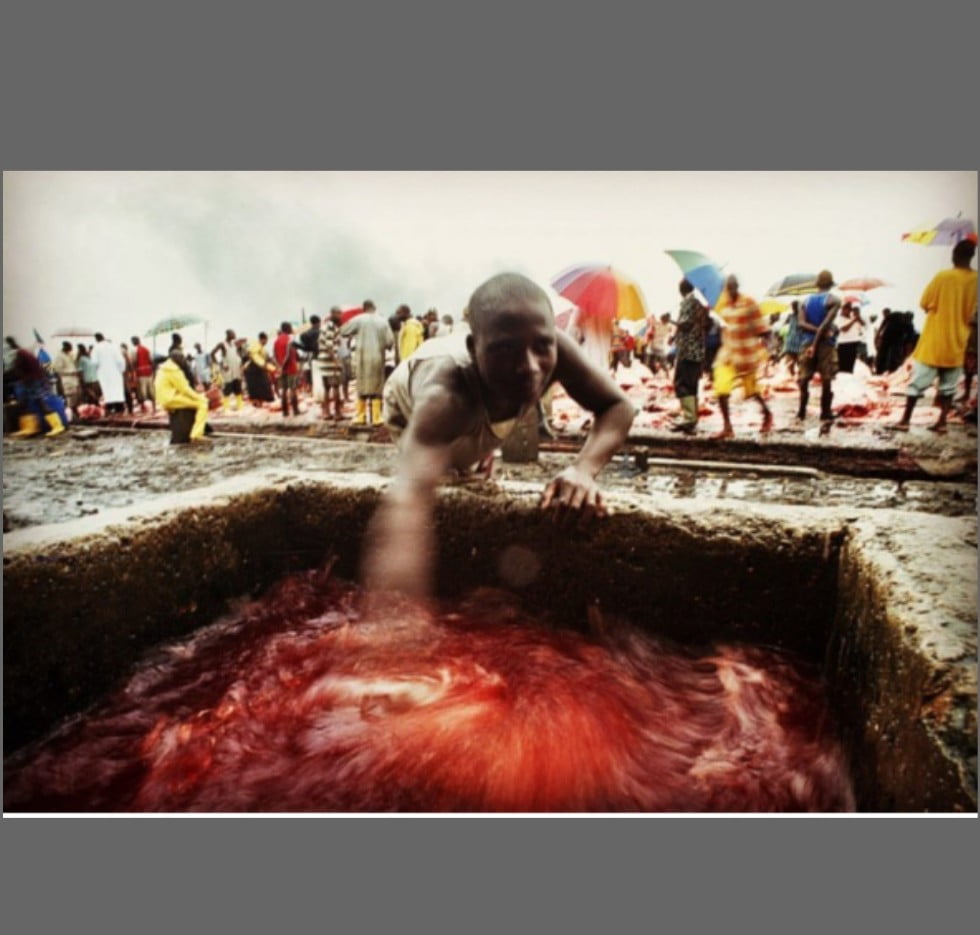
8: Would you say it has been rewarding?
Yes I can say that, reward for me is not mainly finances, reward for me is like I reminisce when someone brought his son and say Uche this boy loves photography he loves your work, can he be with you for like two years to under study you, because twenty years ago it wasn’t possible. Photographers were seen as people who were not serious. Even artists themselves didn’t believe that photography was an art form twenty years ago. That’s was very painful but now its different.
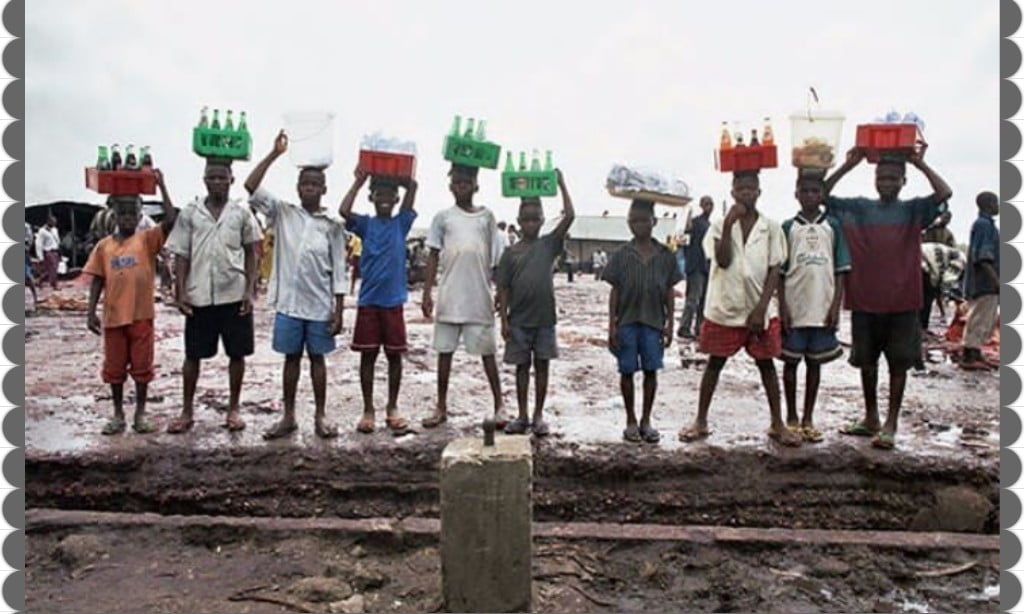
9: You have been mentoring people both young and old, do you think that they are serious with this art and are likely to take up the mantle?
Amaka! I have worked with people, young people who have tremendous energy. Fantastic boys and girls that are teachable, they have energy, they have future, there is so much future in them. Look at this SARS issues for example, politics look down on the youths of this country, I almost was in the same mindset until ten years ago when I saw a graduate from university of Lagos, learning how to be a mechanic in a mechanic village and I called him and said listen you are going to be the best mechanic in this whole Lagos in a matter of time. You are going to change the way mechanics think about their work. From youth service I started learning how to take photos. In a studio back then I was earning two thousand five hundred naira as a graduate. How could I explain that to my parents. I had friends who laughed at me when they saw my salary. There are many young boys and girls who are like that and I am so grateful to God that the gap did not breach. It didn’t stop, so that flow of energy from young people is fantastic and now that there is digital camera, its faster to shoot and share. They have social media to showcase their work, you can sell from your house. So the platform is endless and the possibilities are unlimited. So it’s a beautiful time to be alive.
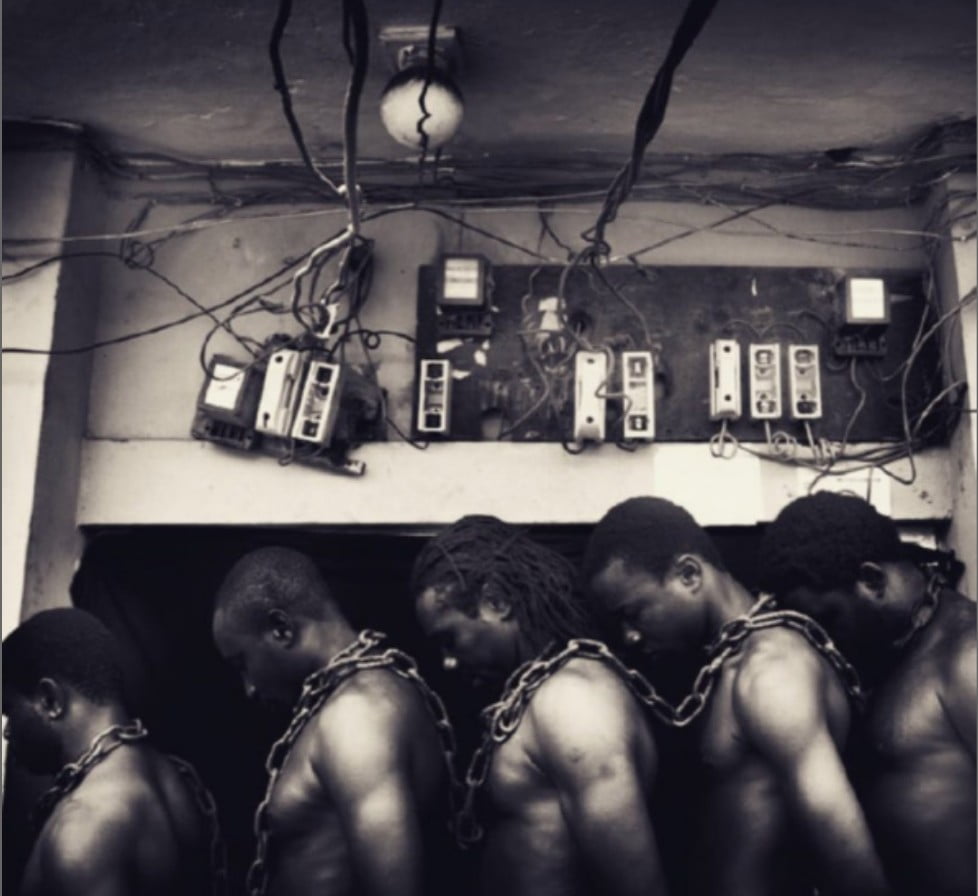
10: So how do you relax? I relax by taking photos, its work that relaxes me. When you love what you do, then it could be a form of relaxation for you.
Thank you Uche James Iroha for using your art to reflect social issues relevant to humanity and the world around us.





